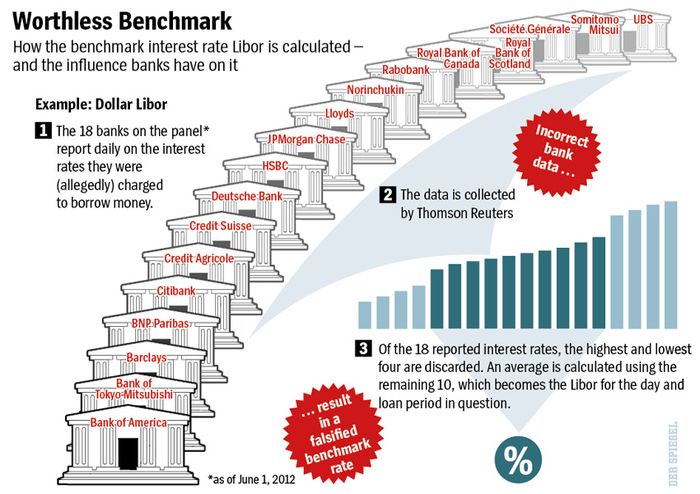
Is it just me, or is it the media that makes out bankers are a slime pool swirling cesspit of scum? The reason I ask is that there seems to be non-stop headlines of fiddling bankers doing dirty deeds.

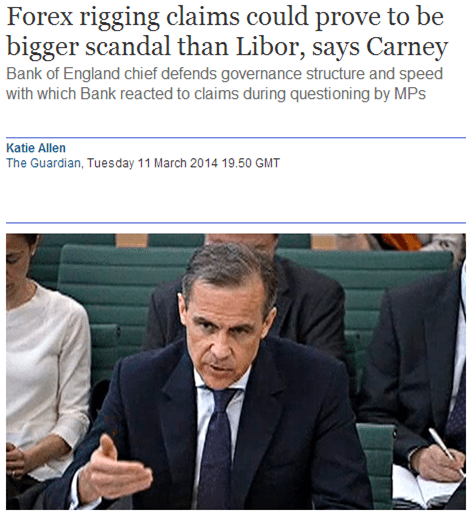
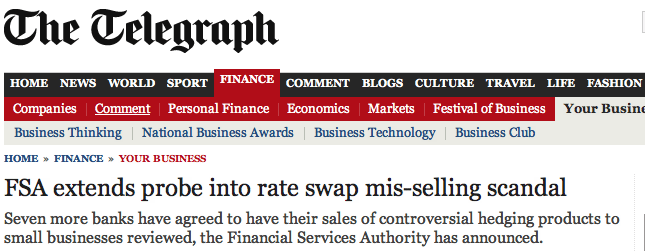

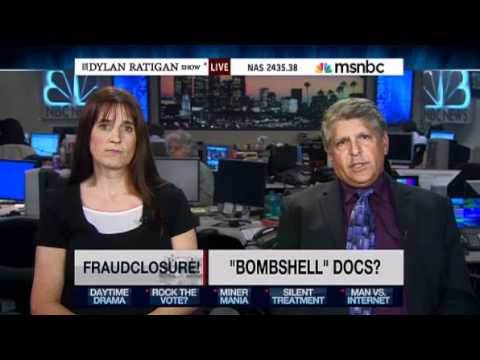
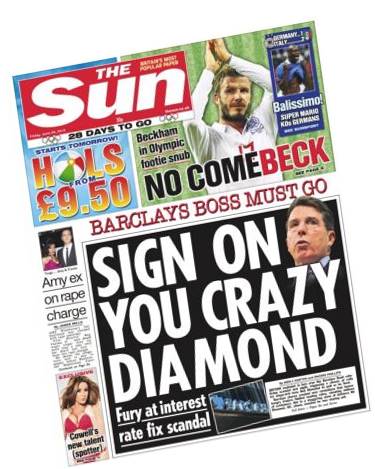
The latest of these is the tax-cheating bank HSBC, who helped clients avoid tax.
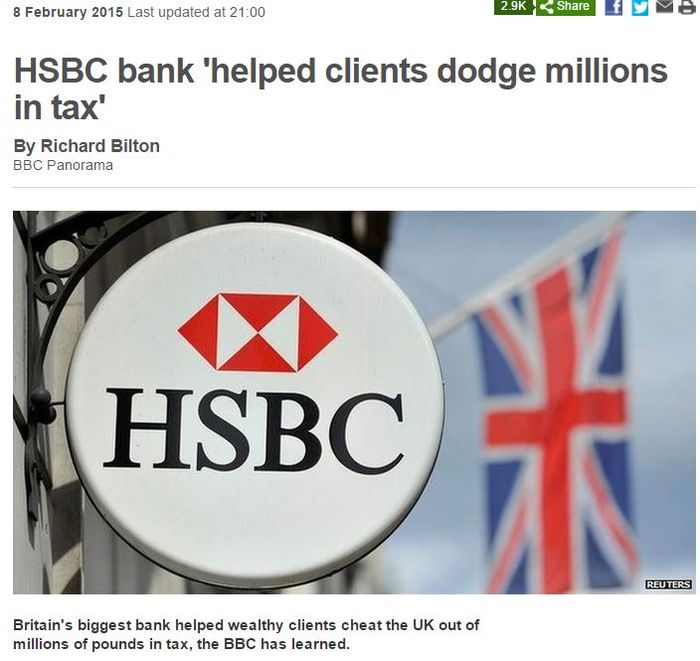
Wow, big deal. Not. Most banks are involved in tax avoidance planning in collusion with their backers, the government. If you read the book Treasure Islands by @NickShaxon, tax avoidance is actually at the heart of the banking system; and the relationship between such avoidance and the political powers that be can be no better illustrated than by the head of the European Union, Jean-Claude Junker.
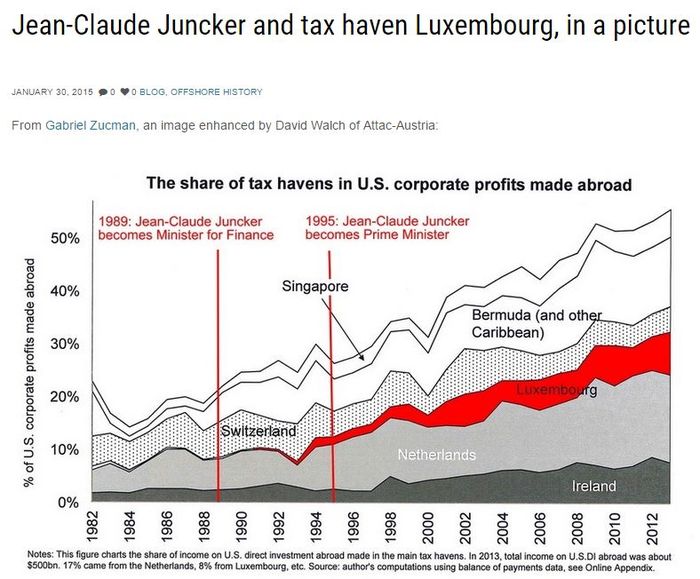
Pic from TaxJustice.net
So what’s really going on here?
You ask me, and what’s going on is that there was a collegiate atmosphere of good time Charlie’s, where the politicians, regulators and financial system worked in tandem to generate growth and prosperity. Leveraged lending, high returns, easy credit and more created a market that rewarded everyone. The boom cycle of house price rises meant that consumers and voters were happy, whilst the easy, principles-led world of regulation meant that a lot of gentlemanly agreements were operating a loose-knit system of finance and tax.
Now, in light of the financial crisis and looking for easy targets to attack, the media and regulators are trying to unravel the gentlemanly agreements and loose-knit system and expose all of it to the scrutiny of all.
The collegiate operations are over, and the new regime is built. The thing is that we now make out this is a big scandal but, at the time, it was just the way everyone worked. That’s not to say it’s right, but it was the way things were done.
The regulators accepted that banking folks were generally honest and markets were efficient, so they let things be; the politicians believed times were good, because the regulators were happy; the ratings companies viewed the bank’s shareholder returns as their key barometer of health; and the banks were purely driven by shareholder’s returns, because that’s what the markets measured.
This all led to bad practices, a loss of moral compass as HSBC’s former Chairman Stephen Green would say, but is this really so terrible?
Bear in mind that before 2008, Fred Goodwin was knighted as one of the brightest business leaders in the world and Icelandic banks were viewed as some of the best in the world.
Come on guys, it’s purely a boom-bust cycle and, in any boom, when the bust hits you find out who was ripping off whom. So, if any of you out there think it’s all so terrible today, just remember this mantra: don’t be a muppet.
Chris M Skinner
Chris Skinner is best known as an independent commentator on the financial markets through his blog, TheFinanser.com, as author of the bestselling book Digital Bank, and Chair of the European networking forum the Financial Services Club. He has been voted one of the most influential people in banking by The Financial Brand (as well as one of the best blogs), a FinTech Titan (Next Bank), one of the Fintech Leaders you need to follow (City AM, Deluxe and Jax Finance), as well as one of the Top 40 most influential people in financial technology by the Wall Street Journal's Financial News. To learn more click here...

